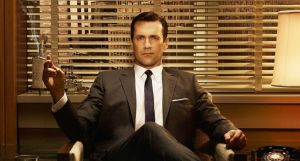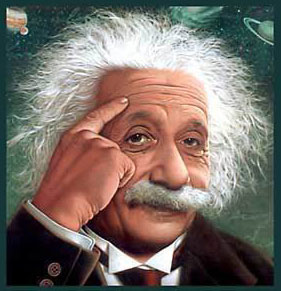 Is selling something one person ‘does’ to another?
Is selling something one person ‘does’ to another?
Nothing could be further from the truth. Selling is not a one-way process and without clarity, about what it really is it’s impossible to become very good at it.
I believe selling is a conversation between two or more people at the end of which somebody makes a decision.
Ultimately customers buy from us when they come to a point in their decision process that gives them the confidence to act. That decision journey, if you like, starts firstly with clarity about the need for the item/service based on many factors that have nothing to do with you or your competitors. That intrinsic first level decision is the basis for how urgently they will search for the ultimate item, how much they will pay for it and when they will act.
If all of that occurs privately before they engage with potential suppliers than the salesperson has very little influence over the decision processes and they become nothing more than a talking brochure and price is the only issue left to resolve.
True selling is being part of the fuller journey of bringing that need up from a subconscious idea or unplanned issue to a conscious detailed process. The earlier in that process you are talking with your prospect about all aspects of their actual or possible need the better you can position your offering when it’s time for them to act.
In the Emotions in Selling course, I teach how to conduct these conversations from the earliest stages and how to prospect so you can engage your prospects long before they are actively ‘shopping’. Equally importantly you will learn how, through conversation, you can manage their fear to effectively build trust so that they can confidently complete the transaction and not withdraw or becoming swayed by competitors.
Call 0407 005 290 or email maya@salesinventoryprofile.com to find out more.


